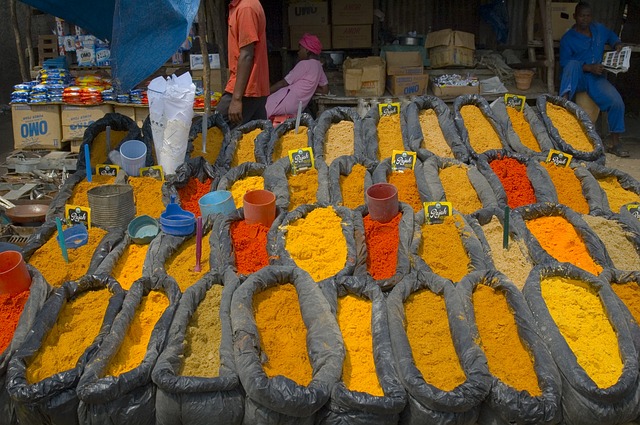Troubles in Mozambique
The trouble with being an economist who writes about Africa is that it has a habit of making you look stupid very quickly indeed. Even when you try and keep up, I use a VPN like this to regularly connect when I can’t visit, I’m sure I’m not alone having written a piece full of optimism and economic good news on an African country only to see it all start to fall a part only a couple of years later. Africa has a habit of doing this, turning the positive around very quickly usually it has to be said as a result of some pretty incompetent leadership.
Mozambique is the latest African country to seem to snatch economic disasters whilst heading for seeming prosperity. The economy was growing, almost 7% a year for nearly a decade, there was gas discovered off the coast of the country and investors were flocking to the country to help exploit it. Investment was heading for other areas too, attracted by the political stability, $850 million of state sponsored bonds in the Tuna fishing industry was eagerly purchased at exceptionally high yields.
Ironically it looks like the ‘tuna bonds’ were the first mistake leading to a growing scandal that looks like destroying the growth of the last few years. Indeed on January 16th, Mozambique announced to the chagrin of the rest of the world that it would default on it’s international debts.
So why has the government fell into such economic chaos so quickly? There are some mitigating factors, the global fall in commodity prices have played a part and caused a slowdown in growth to a still respectable 3.4% in 2016. However as usual the main reason is the economic mismanagement by the government, if you weren’t a citizen of Mozambique it could almost be seen as laughable.
Take the huge investment in the Tuna fishing industry, the state funded industry unfortunately never caught many fish certainly nowhere near enough to repay the generous yields owed on the supporting investment bonds. This is not actually that surprising because the majority of the investment raised was not spent on fishing boats but rather the sort of boats with guns on the front. The bonds were hastily swapped for government ones when it became clear they were unsupportable yet almost immediately the Government also admitted that it had hidden further loans of $1.4 billion guaranteed. This is a huge amount for a country the size of Mozambique and represents almost 11% of their GDP.
Not surprising this sleight of hand dismayed international organisations with the IMF and other donors freezing their existing support. This is a disaster for a country that despite it’s economic progress still relies heavily on international aid to provide even basic functions and services. Mozambique’s debt now represents over 110% of it’s GDP and some experts thing even this is optimistic, however the country is now engaging in a phase of ‘restructuring’.
This is of course merely another way of saying our debts are out of control and we need to bailed out quickly something that the IMF are probably reluctant to do. Missing payments on existing debts is not the way to attract additional funding for obvious reasons. Few of the existing bondholders are likely to trust the government after recent events and even the IMF has now insisted on a full of audit of all it’s debts. There is also the question of where all the original loans and investments have disappeared to as well.
John Williams

Submit A Comment